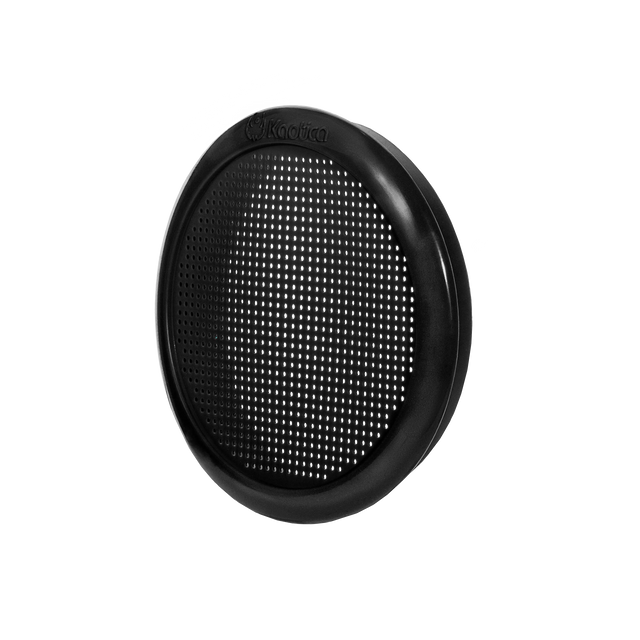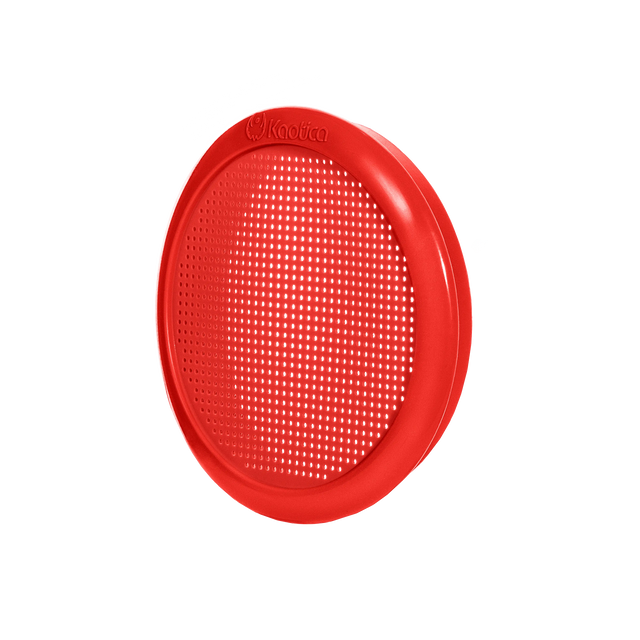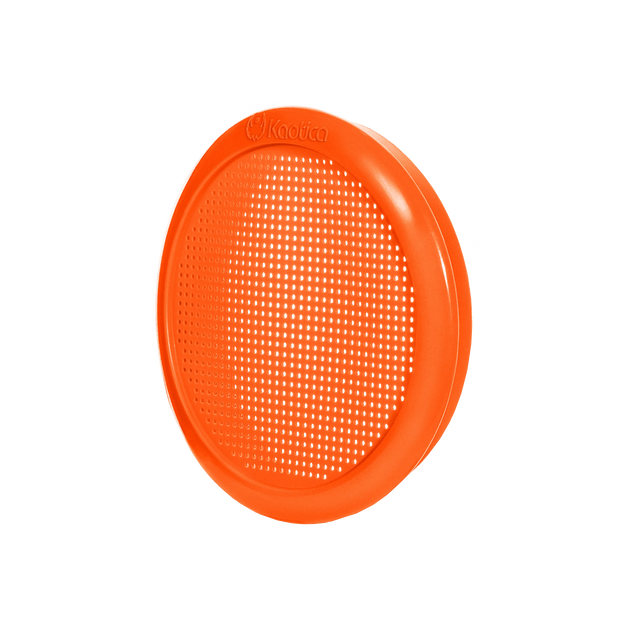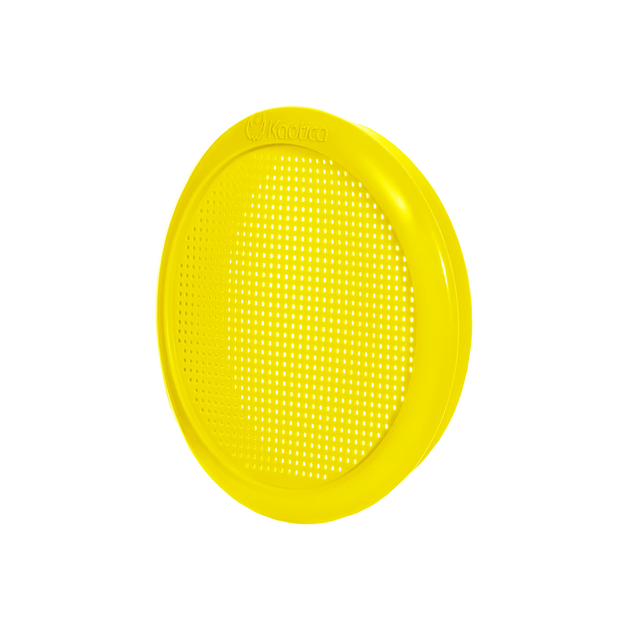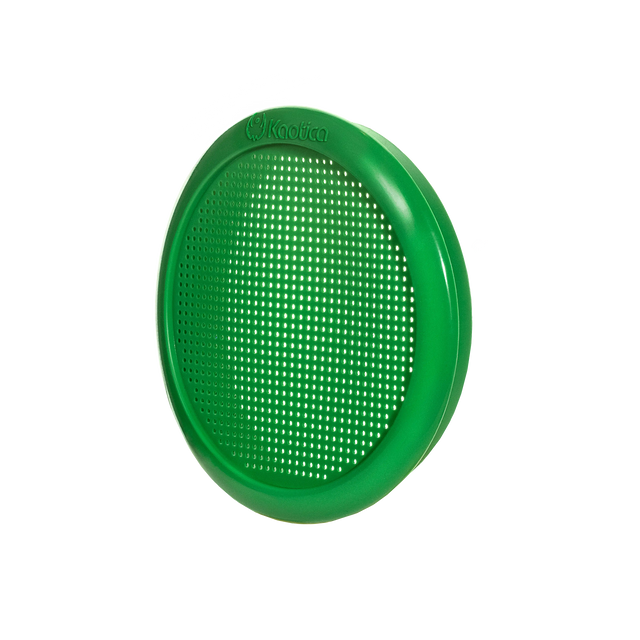Eric Bellinger
Eric Bellinger’s rapidly expanding career as a Grammy winning songwriter, music producer, recording artist and entrepreneur came into being in much the same way you would plan to cook up a fine meal: low and slow. Simmered, not rushed. He took his time building up a career that began as a recording engineer and segued into writing songs for the likes of Selena Gomez and the Scene before making an important connection to The Game, whom he would contribute several songs to on his album, Documentary 2. He has also penned songs like Lemme See for Usher and New Flame by Chris Brown, which earned him a Grammy for his work on Brown’s F.A.M.E. album.
Bellinger stepped out on his own in 2013 as a solo artist with a mixtape series called Born II Sing Vols 1, 2 and 3 and released his debut studio album, The Rebirth in 2014, which did very well on the Billboard R&B/Hiphop charts. His is a journey that has had its fair share of twists and turns but Eric has kept right on rolling along through them all down that long and winding road to success.
Eric, you’ve had quite a journey. Take us back to the beginning where it all began for you.
I definitely grew up a dreamer wanting to play in the NFL. I knew that I had the talent to sing but I told myself I would only sing if I was playing the Super Bowl. And they asked me to sing the national anthem. That's how far removed from actually trying to do music that I was. It's interesting because it all just came full circle.
"And that's why I had to name the first trilogy of my mixtapes, Born II Sing. This is what I was born to do and I didn't even know it."
I started off playing football, grew up in church singing. I always had it in me but I never thought this is what I would be doing. I’ve just been watching it all unfold.
"I'm proud of the long route I chose because it was the strong route."
Everything that I've done has pretty much prepped me, all the struggles, the hard times, the non-invites. Everything has prepped me to be in a position to know how to choose. You know, when you're on your grind you don't see too many helping hands. You tend to go a little bit harder in so many different areas because there's a chip on your shoulder and you've got something to prove.
And I feel like everything that I've done was just based off. ‘OK guys I guess you don’t want to help I’ll just have to do it all alone. And now that I've kind of gotten to a place where we're good, me and my manager are just like ‘Wow, bro we really did it. We really held out and did the independent thing.’
"When things were against us we just stuck together and believed in it enough to keep the persistence, to keep going one believer at a time. We’d get a new show, the price went up a bit. We got a song on the radio. Every single accomplishment was a big victory."
We never were just focused on the Grammy. Because it's like if you think that far ahead and you don't set daily goals and if you don't set things on your vision board that are actually tangible and attainable you will always feel like you're defeated.
Instead I look at it like being on the radio. That’s a great accomplishment. Congrats, we did it! OK now we just did our first tour. That was incredible. Now we actually have a clothing line and we're selling merchandise at shows and we're selling out the shows and I'm putting out albums and singles. And all of these different things, when you put it all together you have a career rather than an accomplishment. But you’ve got to first attack each assignment and each task and each goal. It's the only thing I wanted to do. God made the plan.
It’s a struggle to be the leader, right?
That's exactly it. At one point I was the engineer and I was at one point the talent that was called in to demo the song for the professional songwriter that's pitching the song to the A & R guy to play for his artist. That's a far way down the totem pole when it comes to that initial dream. Yeah, I want to go and perform at the Grammys. I want to make sure I'm getting all these awards and all this gratification from my work.
"But you really have to start at the bottom and be cool with it. So many people are in a rush to call the shots."
You have to first build up a certain asset about yourself where it's like ‘OK if I'm going to sign with your company, you guys can invest in me but I can also bring to the table this, this and this to help out your other artists.
I was never afraid about the time it might take to get to the destination. I was just excited when they called me and to sing the songs for the songwriters. Then they asked if I had any ideas for the songwriter and that I can come and just be a writer. These are so many steps that I had to take. It's like people don't even think that far back because they're just looking for their shot. They just need a shot right now.
"People don't know what it takes. They may see something that is appealing and say ‘I want that,’ not knowing what it may cost to get it."
What it may cost to keep it. What it may cost to live with not being able to sustain it because there are so many different ups and downs. So many pros and cons. If you’re not completely into what makes you happy, knowing what fulfills you, you never will be because you don't know how to even satisfy that hunger.
Circling back to the journey, what would you tell your younger self that could have helped you on the journey to get where you are now?
"Be you, unapologetically and embrace the uniqueness that makes me Eric Bellinger. The more that I would try to be what I thought people wanted me to be, I would lose more of myself."
Which,in actuality, was what people would be most attracted to because it's who I am. So when people are coming to me they're coming to me for what they feel is me, not a version of me that I think that they want you know. It took me a while to realize that I had to just be myself.
No one would have thought that Cardi B would be where she's at right now based upon her initial character. But she was herself so much that that's what really made people actually feel like they could attach to her. You know that they could relate to her because they saw who she was. It wasn't a polished version of her that people thought she should be. It was just her being her. She is just one example of people being themselves and truly being able to flourish. It has to be something that's a real gift. That's what we're given. And that will result in longevity.
How has technology impacted your art?
I think technology is the wave that I've been riding since I was first introduced to Myspace, Black Planet. Those were the websites that really turned me on to the whole Internet. I came across a page that had like maybe dollar bills floating down or something like sprinkles of glitter when you load the music on their page and I’d say ‘I want my page to do that.’
It's the same approach that I use on Instagram. You can do all this cool design and I always try to be at the forefront of it because this is where we're headed. You can see the timeline of it from watching the next app blossom when it comes out. Each time I say ‘How come I didn't think of that?’ I remember after Twitter came out and I was like ‘OK that can't be.’ No way. Then seeing Facebook and then it's like Instagram. What? And then it’s Snapchat!
"It's like how do they keep coming up with these different products that can completely turn the world into a frenzy? Just by watching all this, you know that's where it's at. You've got to just take advantage, especially for me being an independent artist."
I really take it and use it to my advantage. You know from being able to be an artist that can shop directly to the consumer. I don't need a middleman. No label to notify the public that I make music. I can hit them directly you know. And combining that with a work ethic and talent and a knowledge of history and grass roots promotion at the same time, I've really been able to win big out there.
Speaking of technology, how has the Eyeball impacted your art?
"For me, I've always recorded in my bedroom like with my first Mbox."
I learned Pro Tools and everything myself. Engineering is what I started off doing first and I still like the feeling of creating in an environment that was just a comfortable vibe where I didn't necessarily have to leave the room now that I'm about to get on the mic.
Because then that means I just completely left the entire vibe. And I had to go in this dark, cold room where the headphones haven't been turned on yet. I have to just be away from everybody and then we have to completely regroup into this vibe that was already in the room with everybody else.
"With the Eyeball, I've been able to capture exactly what I needed, sonically, without having to leave the vibe you know so I think I've turned each and every one of my studios into the booth and the Kaotica Eyeball has enabled me to do so."
Any other advice you’d like to add?
Whenever I go back in and think of an idea or something that I want to do, the most important thing is to just do it because you already have a stage. And no matter if you have 10 people watching, if you have 20 people watching or if you have a thousand people watching, it's still your stage. You still have to own that stage. The performance should be the same, whether it's a stadium or a small bar.
Of course, I want to play on the biggest stage possible, Madison Square Garden. But everything that I'm already doing is everything that I've always dreamed. It kind of just took me actually realizing, saying I don't have to wait to be successful. Success is a choice and I claim it and I'm choosing to claim it. Therefore, I’m successful.





